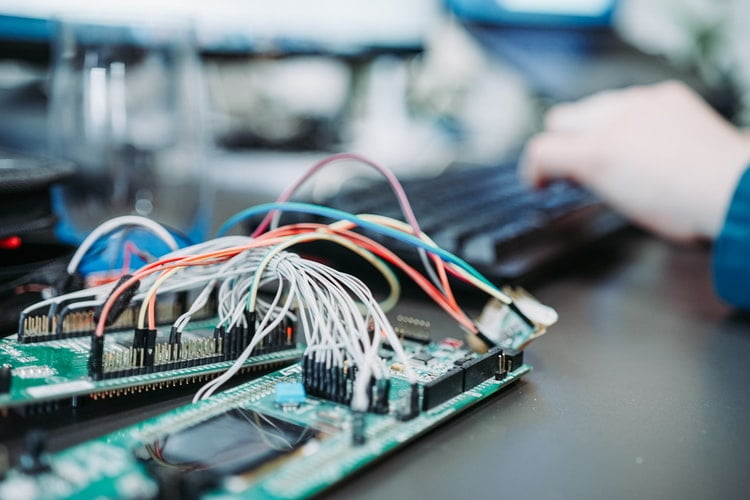What You Need To Know About End-To-End IoT Device Security

Table Of Contents
As the new 5G technology trend is increasing, the industry is slowly waking to the enormous challenge of securing the network and the devices connected with the network.
When we talk about the internet of things, the challenge related to its security can not be any more significant than it is now. The spread of the IoT in homes, schools, and industry makes the wireless network the backbone of the nation’s critical infrastructure.
Hence, it is necessary that you take certain steps to secure the network from potential threats. This is where the code signing certificate comes into the frame of action and helps users offer IoT the security they need.
IoT Security Hardened With End-To-End Security:

The security associated with the IoT is indeed complicated and multifaceted. For an effective security measure, the entire internet of things infrastructure needs to be secured. Sometimes, security becomes part of the national interest and needs to be taken care of accordingly.
IoT modules are the core part of the IoT infrastructure. However, this module is simple and very vulnerable to intrusion. Any compromised module puts the whole infrastructure at risk.
Hence, it is necessary that the module security is comprehensive and comprises the hardware, software, firmware, and cloud computing platforms.
What Is End-To-End IoT System Security?

Cellular IoT is a complex system, and so do its security processes. If you want an effective end-to-end security system, you need to offer security to the whole infrastructure associated with the IoT.
Although the system consists of several parts, we could segregate them into three from a security perspective.
- The IoT devices with all software, hardware, firmware, and other applications.
- The cellular network structure: core network and radio network.
- The cloud computing system connects the IoT devices with the outer world.
System security is not all about onboarding everything on the security network. System security also means keeping track and managing the ongoing system operation throughout the lifecycle. Hence, it is no surprise that the IoT security discipline is so vast.
Why Is IoT Device Security Important?

With the 5G technology initiating the next industrial revolution, not only the private and public authorities are taking a keen interest in this new technology, but the government is also showing their interest in deploying this technology into their infrastructure.
The more IoT becomes popular in the industry; the more risks are associated with the network. This is why everyone is emphasizing its cybersecurity aspects.
Here are a few reasons why IoT device security is important.
1. World Of Security Concerns For IoT Devices:
Let’s accept that IoT devices’ security is very simple and vulnerable to modern attacks. And the limited processing capabilities and memory make the situation even worse.
Due to the lack of hardware compatibility, it is impossible to run sophisticated software and security to keep them safe and secure. In addition to that, the IoT devices are deployed in large numbers with physical availability. Hence, they can be easily accessed and compromised.
2. IoT Modules Are Key To IoT Security:
As we have already said, the IoT module is the brain of the IoT devices. These module vendors take the spare chipset with low power to integrate with the device’s hardware. Hence, the IoT devices end up with cheap hardware components. So, you can even say that the module vendors are responsible for the lack of the right security support for the IoT devices.
Conclusion:
There are massive rewards for getting the security system of the IoT right. However, while you are on the road to tightening the IoT security, there are a few pitfalls that you need to be careful about.
Hence, while you are pursuing IoT security, you must consider it an individual entity different from other security endeavors.
Read Also:
You May Also Like

April 29, 2022
Here Is Why Cybersecurity Threats Will Evolve In 2025

January 31, 2025
The Key to Unlocking Business Security: Digital Locks

June 8, 2022






















